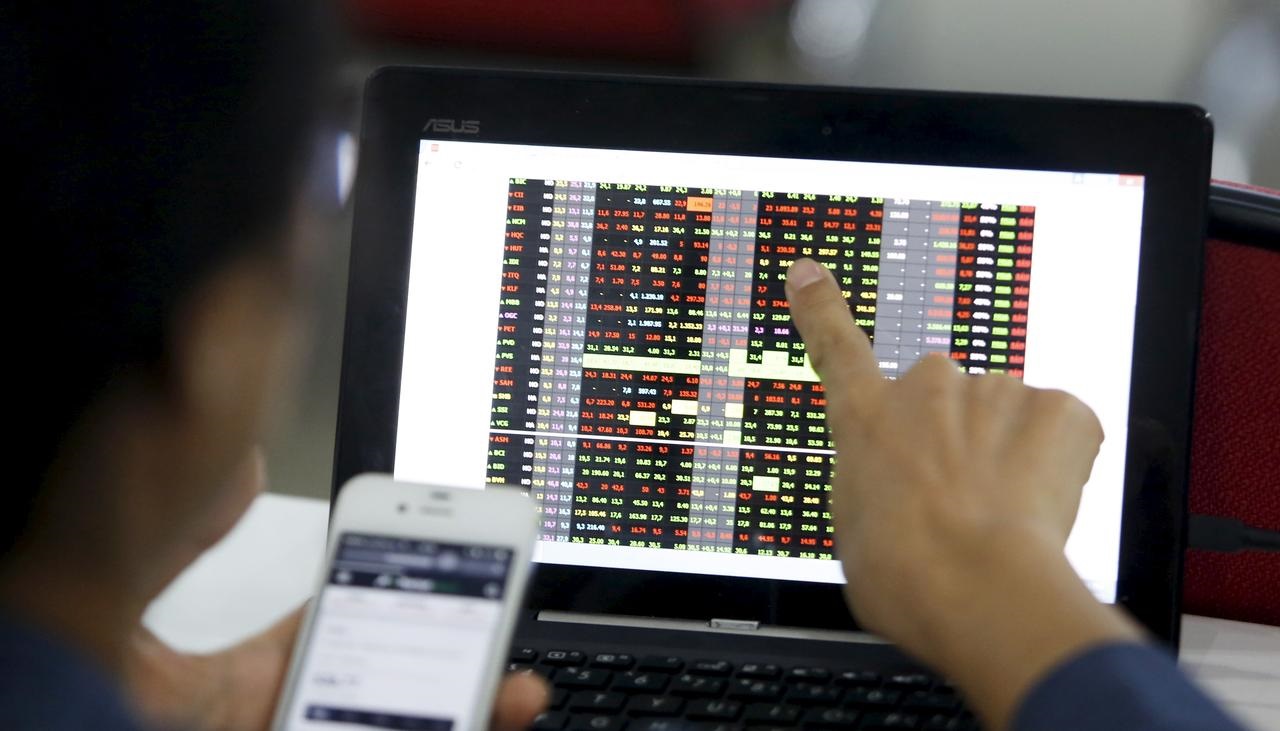Foreigners turned net sellers of Asian equities in November amid mixed signals on whether the United States and China were getting closer to reaching a preliminary trade deal.
Overseas investors sold $4.3 billion worth of regional equities in the last month, after two successive months of buying, data from stock exchanges in South Korea, Taiwan, Thailand, Philippines, Indonesia and Vietnam showed.
“I see it as a mixture of profit booking and also cautiousness in November given the event risks into the end of the year,” said Jingyi Pan, a Singapore-based market strategist with financial services firm IG.
Washington’s next round of tariffs against $156 billion worth of Chinese goods are scheduled to take effect on Dec. 15.
South Korea led the regional outflows with foreign sales of about $3 billion in November, the biggest in 13 months, mostly driven by its weak exports. The fourth-largest Asian economy faced 12th straight month of contraction in exports, November month’s preliminary exports data showed.
Indonesian equities saw about $500 million worth of foreign outflows, while Taiwan witnessed overseas sales of $318 million last month.
However, Indian equities received foreign money of $3.54 billion in November, helped by the central bank’s monetary stimulus measures and the corporate tax cut announced in September.
Refinitiv data showed Indian firms are expected to lead Asia with earnings growth of 36% in 2020, followed by South Korea and Vietnam.
Going forward, market participants are wary that Sino-U.S. trade tension could escalate further, if Trump goes ahead with the planned tariffs this weekend.
“We have seen Asia equities picking up at the start of the month (December) on trade hopes, but a lot hinges on whether we will see an interim trade deal ahead of the Sunday deadline for this optimism to carry on,” IG’s Pan said.





















































